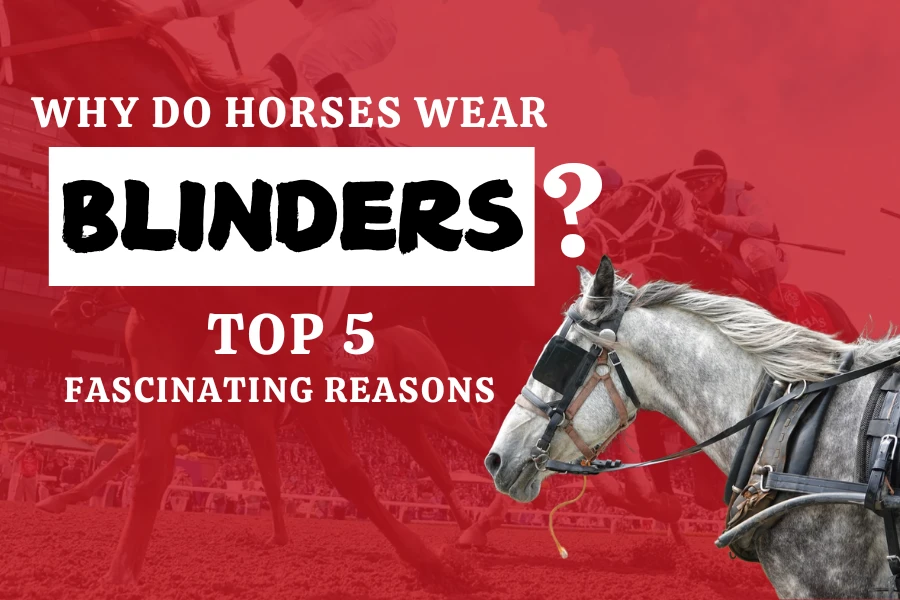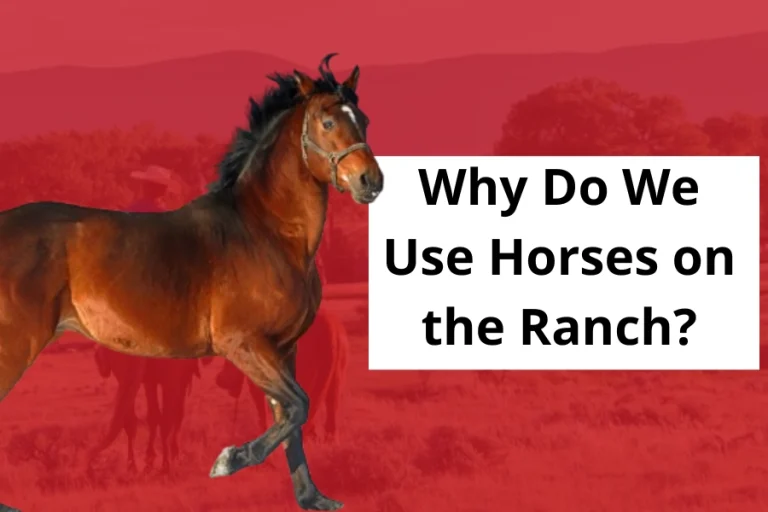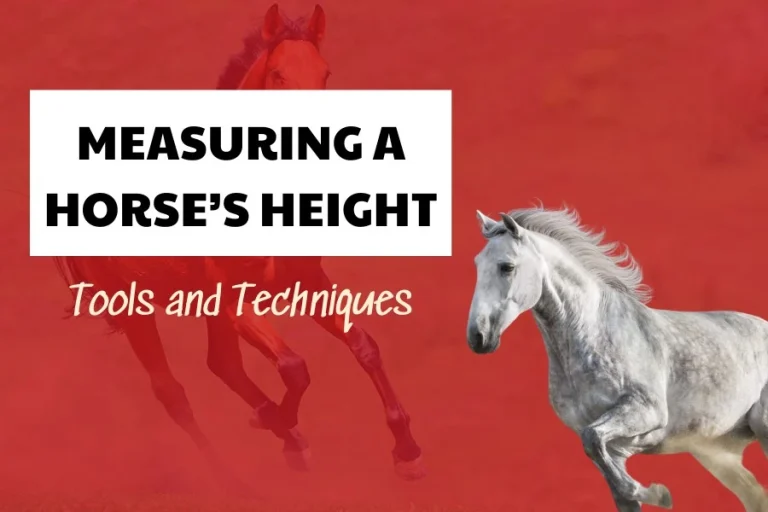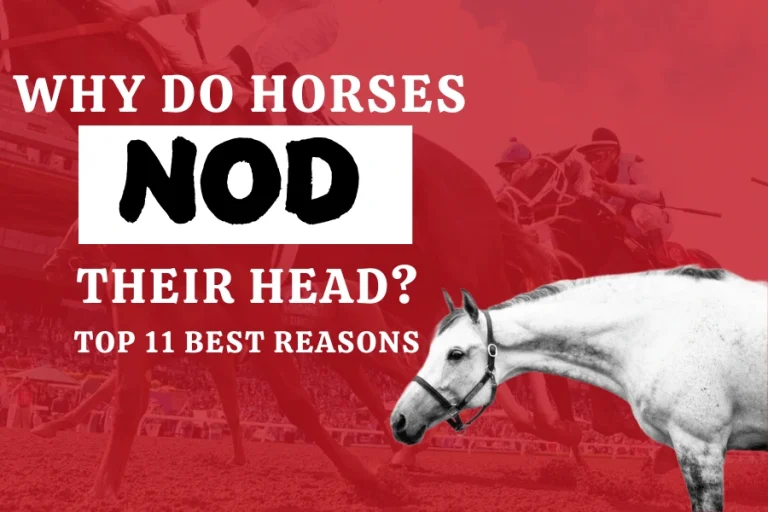Why Do Horses Wear Blinders? Top 5 Fascinating Reasons

“Why do horses wear blinders?”- Have you ever considered asking yourself this question? You may find those blinders quite weird for horses to wear, but there are some useful reasons behind this. Horses wearing blinkers is a common sight while racing, driving, and even in some forms of training. Those little yet important pieces of equipment are way more than just an aesthetic thing. They play a huge role in the horse’s focus, safety, and performance.
In this article, we’ll discuss the top 5 reasons for “Why do horses wear blinders?”, along with data on a few common sorts of horse blinders.
What Is Horse Blinders?
Horse blinders (also called blinders) are small pieces, usually made of leather or plastic, attached to a horse’s bridle and placed beside the horse’s eyes. Generally, blinders are frequently used in horse racing, driving, and training. This will help to prevent the horse from getting startled or distracted by surrounding scenes.



